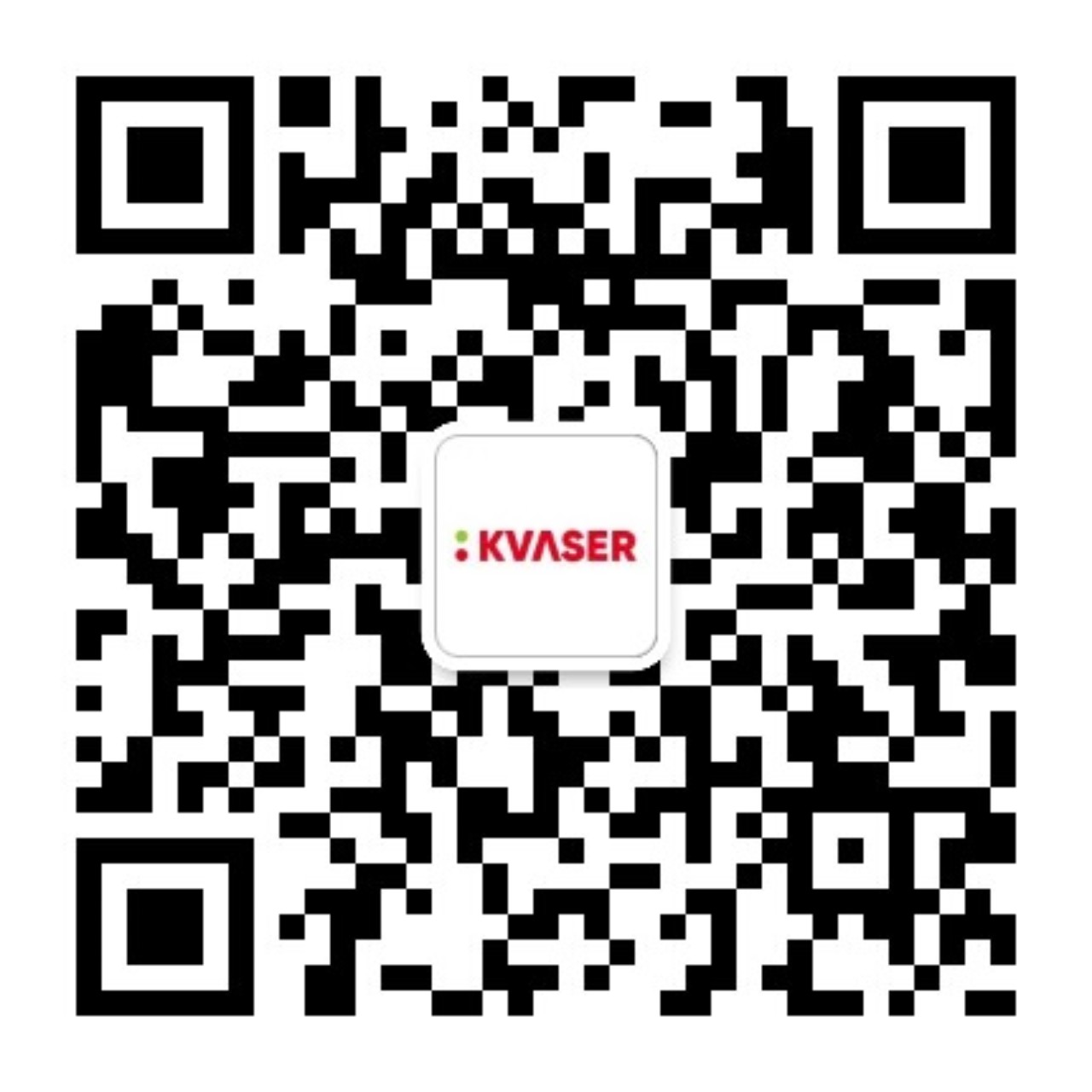‘Enlightening’ and ‘extremely useful’ were a couple of the comments made by attendees of Kvaser’s Protocol Day on 27th January 2014.
Held at Frankfurt Airport, the event assembled 15 people from 13 different companies to discuss the development and maintenance status of stacks for CANopen, J1939 and NMEA2000, including how to market them.
Among the presenters was Chris Quigley of UK-based Warwick Control Technologies (WCT), which offers ready to buy stacks for CAN, J1939, LIN, CANopen, Zigbee and FleyRay. WCT has comprehensive stack integration experience, having distributed Noregon’s J1939 stacks in Europe until they were discontinued in 2011 (and taken on Kvaser’s stack since then), realized CAN and Zigbee stacks for the EV Blue Project, a FlexRay stack for a Hardware In the Loop (HIL) application, and implemented Port’s CANopen stack in several customer projects.
Timo Kesti, CEO of Finnish Technical Associate TK Engineering (TKE), explained how his company took on Kvaser’s CANopen stack development in 2009 and has since developed it into a broad offering that can be ported to any system. With 8bit, 16bit and Android compatibility for CANopen, plus developments such as a custom driver for Kvaser’s interfaces on Android, TKE now seeks support global partners for its products.
Alexander Philipp from Port explained how the company offers ready-to-use stacks for Ethernet POWERLINK, EtherCAT and CANopen, as well as small stacks for regular I/O tasks in PROFINET and EtherNet/IP. Port’s approach is to offer a complete package that consists of the Library, the Driver Package and the Design Tool. Meanwhile, Torsten Gedenk from emtas said that a similar package solution is offered with emtas’ CANopen Master and Slave stacks. Licenses include emtas’ CANopen DeviceDesigner and CAN/CPU driver adaption for one target, with the company capable of adapting targets from all the major semiconductor vendors.
Chinese technical associate Hirain Technologies was represented by two delegates, Yang Zheng and Kunsheng Chen. Chen explained the company’s experience developing CAN, LIN, FlexRay and Ethernet. It offers both off-the-shelf ‘one-time buy’ or ‘royalty free’ licenses for its stacks for in-vehicle networks, as well as custom stack development.
Asked about take-aways from the event, Chris Quigley said that WCT have had post-meeting discussions with TKE, with a view to working together to support a wider variety of microcontroller platforms. WCT’s goal is to be able to cater more fully to CANopen, J1939 and NMEA2000. “My intention for the future is that if we get a sales enquiry for a microcontroller that we have not worked with (e.g. Renesas M16C), I will look to licensing the Hardware Abstraction Layer (HAL – required to interface the stack to the target microcontroller) from TKE.”
Confirms Timo Kesti: “We at TKE feel the very same way as WCT does about selling the protocol stacks. It´s not about the price of the stack itself … It´s the work around it, to fit into the customer’s environment. Co-operating with HALs is one good step forward!” Kesti concludes: “Such meetings are a very good point for discussions, After all, we seem to ‘suffer’ the same kind of problems.”
It’s Kvaser’s intention to make this a regular event in the calendar. Please feel free to register your interest and/or seek further information by contacting Michael Odälv at mo@kvaser.com
 linkedin
linkedin twitter
twitter youtube
youtube youku
youku weixin
weixin